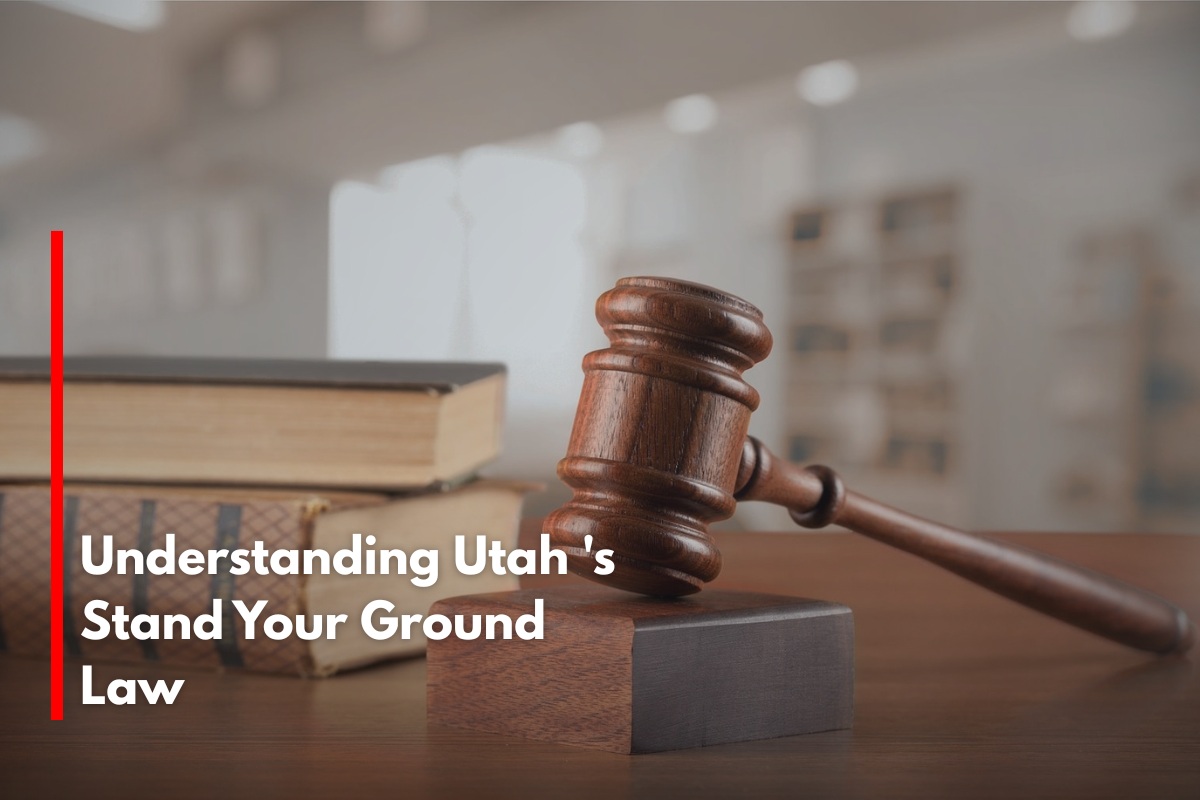Utah’s Stand Your Ground law provides individuals with the right to defend themselves without the obligation to retreat when faced with a threat. Understanding this law is crucial for residents who want clarity on their rights in self-defense situations and the legal limits surrounding the use of force.
What Is the Stand Your Ground Law?
Enacted in 1994 and reinforced by subsequent legislation, Utah’s Stand Your Ground law removes the duty to retreat before using force in self-defense if a person is in a place they have a lawful right to be. This means individuals can legally stand their ground and use force, including deadly force if necessary, to prevent serious bodily harm or death without first trying to escape the situation.
Key elements include:
When Can You Use Force or Deadly Force?
Utah law justifies the use of force to defend yourself or others if you reasonably believe it is necessary to prevent another’s imminent use of unlawful force. Deadly force may be used only when you believe it is necessary to prevent death or serious bodily injury, or to stop certain forcible felonies like robbery or assault.
The Castle Doctrine in Utah
Alongside the Stand Your Ground law, Utah has the Castle Doctrine, which gives you the right to use force without retreat when defending your home or vehicle against intruders. Under this doctrine, occupants may reasonably use deadly force if someone unlawfully enters or attempts to enter their dwelling, vehicle, or place of business with intent to harm.
Burden of Proof and Legal Protections
If you invoke Stand Your Ground in your defense, Utah law entitles you to a pretrial justification hearing, where the prosecution must prove by clear and convincing evidence that your use of force was unlawful. The law also provides protections against civil lawsuits related to self-defense, shielding lawful defenders from liability in many cases.
When Self-Defense Does Not Apply
Self-defense protections do not apply if:
Real-World Considerations
While Stand Your Ground laws empower individuals to defend themselves confidently, misuse or misunderstanding can lead to serious legal consequences. It is essential to assess the immediacy and reasonableness of the threat carefully. Utah courts evaluate whether the perceived danger justified the force used, considering factors such as the nature of the threat, likelihood of harm, and prior behaviors.
Utah’s Stand Your Ground law allows you to lawfully defend yourself without retreating when threatened in a place you have a right to be, as long as your response is reasonable and proportional. The Castle Doctrine further strengthens your rights to protect your home and vehicle.
However, these protections are limited to situations where you are not the aggressor and the threat is real and immediate. Understanding these legal frameworks helps you exercise your right to self-defense responsibly while avoiding potential criminal or civil liability.
Always consult a qualified attorney if involved in a self-defense incident to ensure your rights are fully protected under Utah law.
Sources
(http://giffords.org/lawcenter/state-laws/stand-your-ground-in-utah/)
(https://stoneriverlaw.com/utah-criminal-defense/self-defense-laws-in-utah-when-is-it-legal-to-protect-yourself/)
(https://le.utah.gov/xcode/title76/chapter2/76-2-s402.html)
(https://le.utah.gov/xcode/Title76/Chapter2/76-2-S405.html)
(https://www.fieldinglaw.com/2018/02/20/know-utahs-stand-ground-law/)
(https://www.jardinelawoffices.com/attorney-retainer-services/gun-owner-self-defense/)











